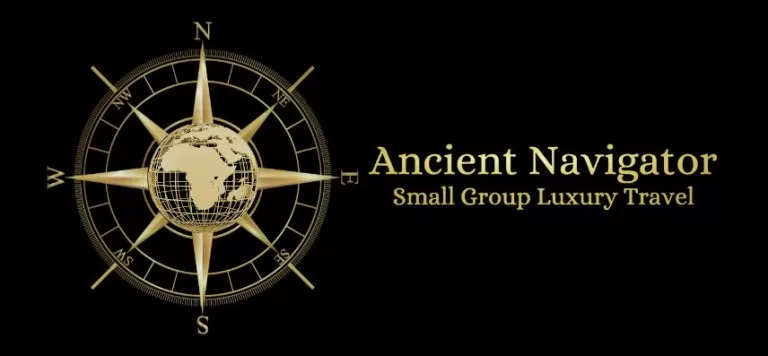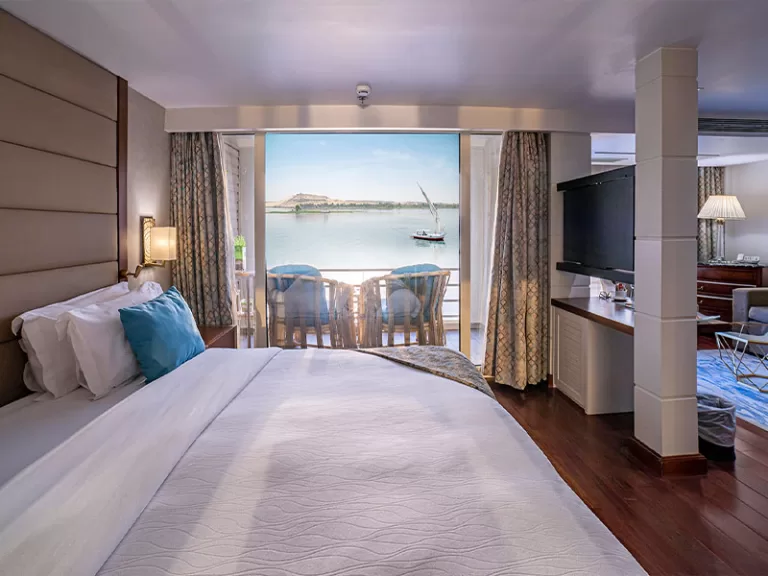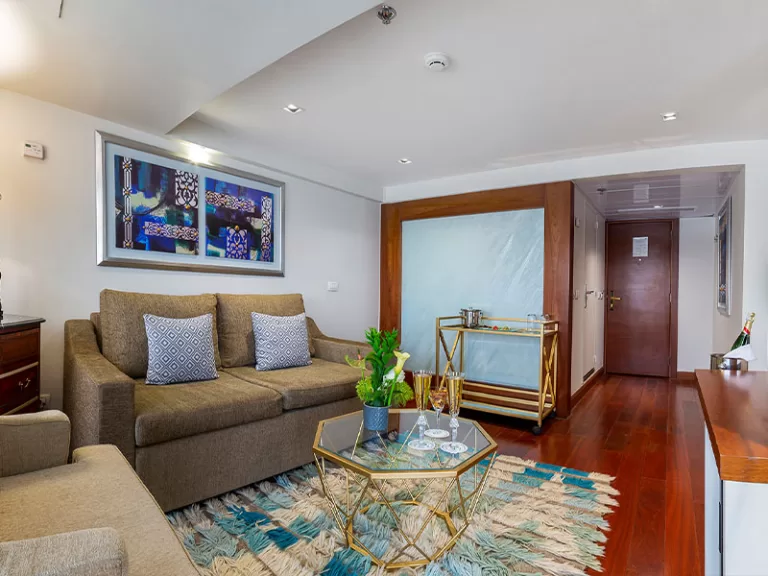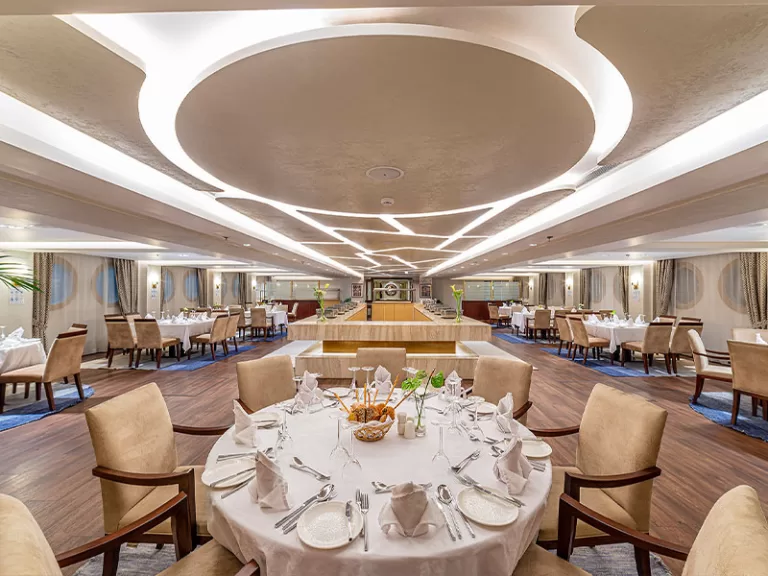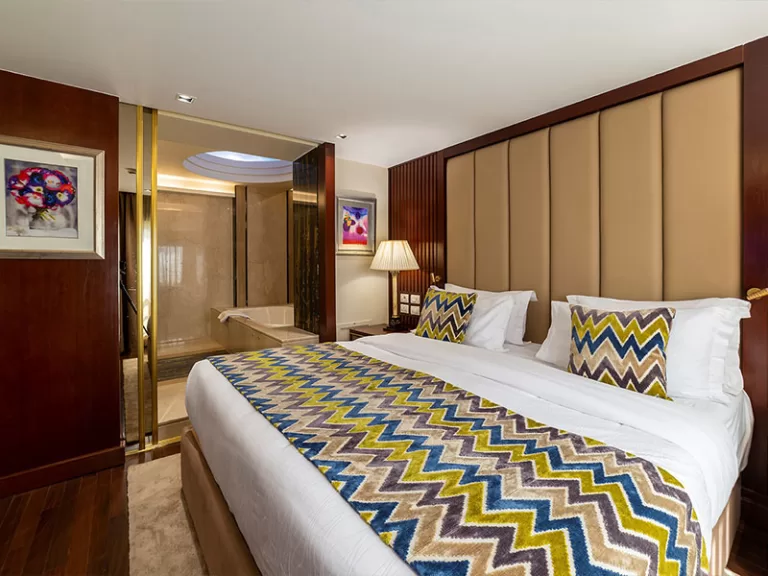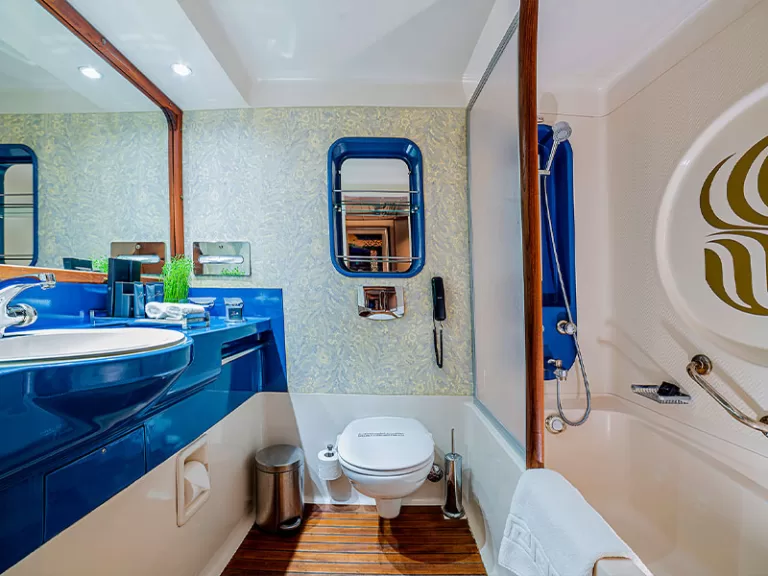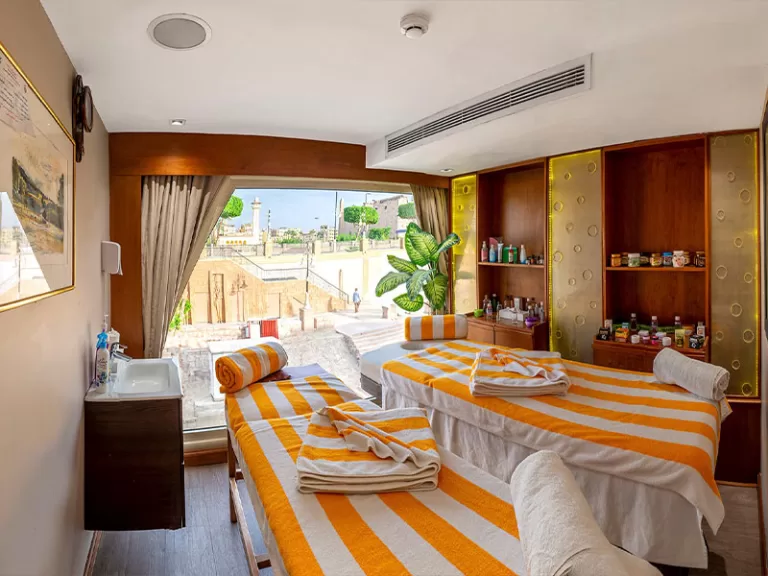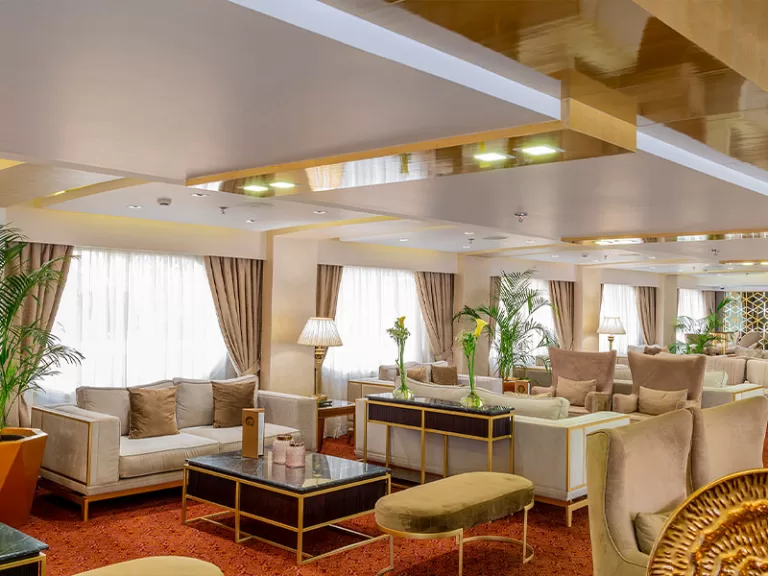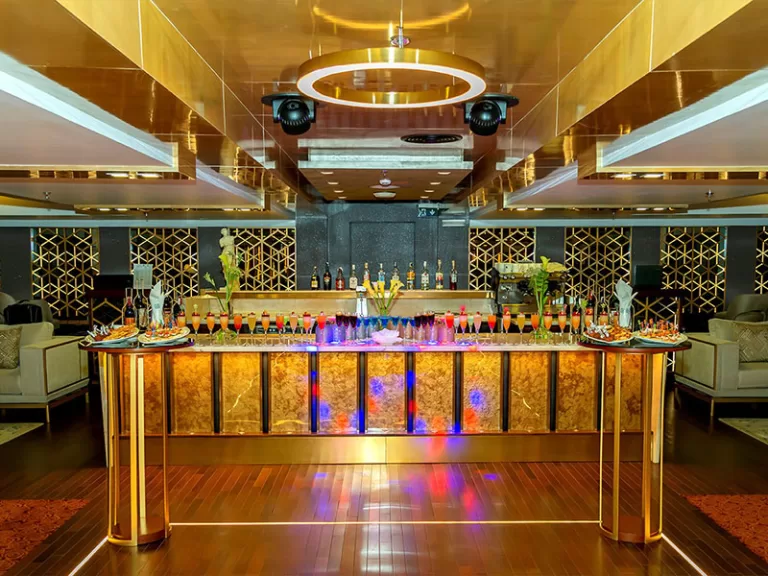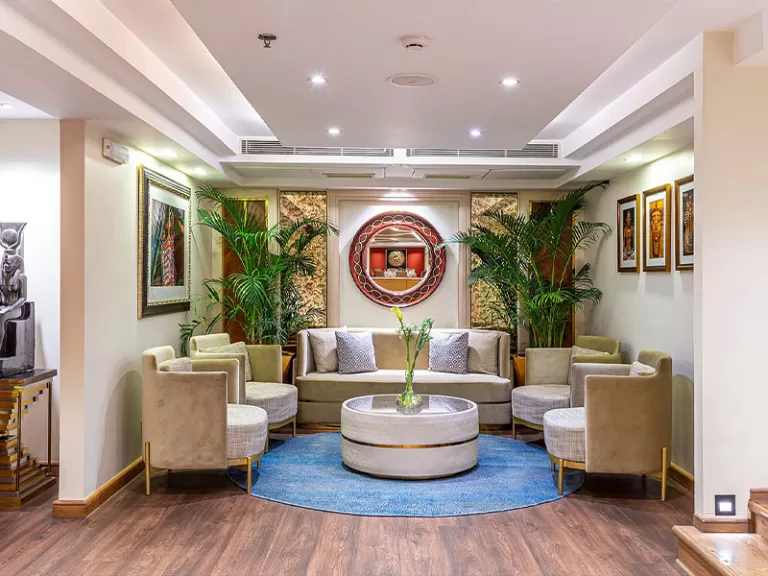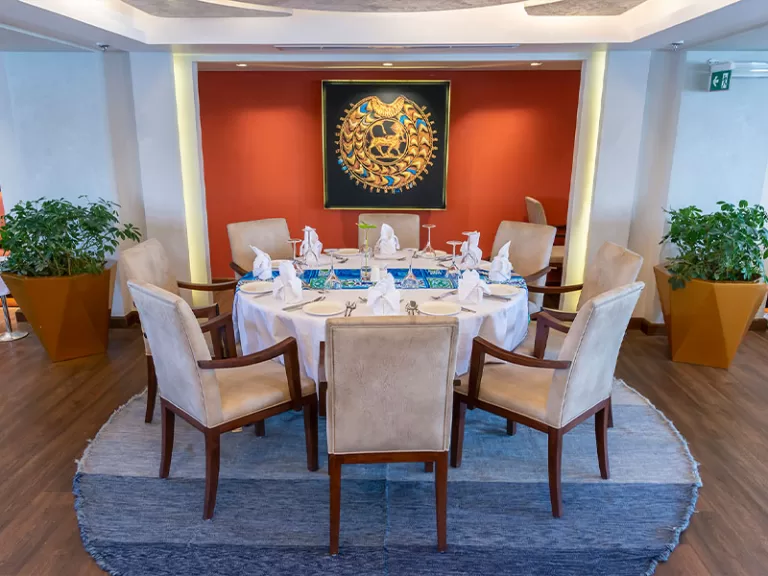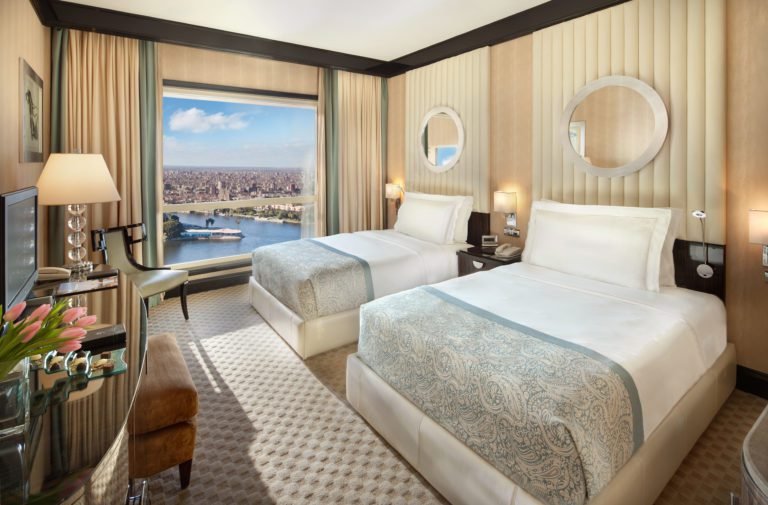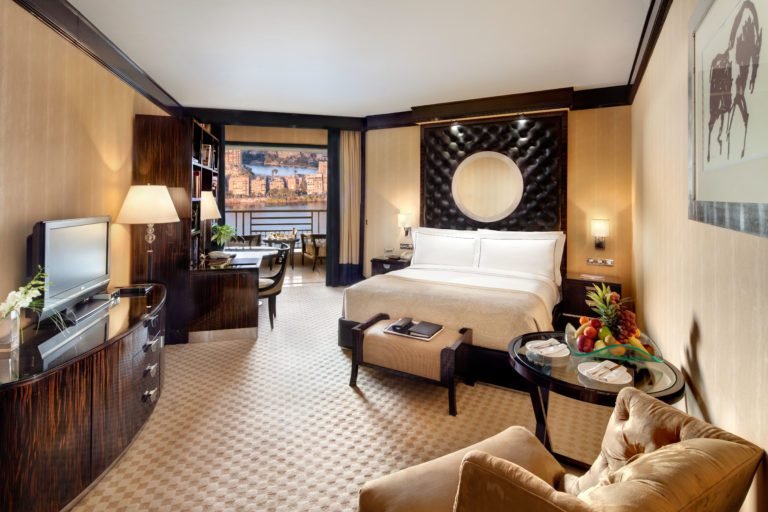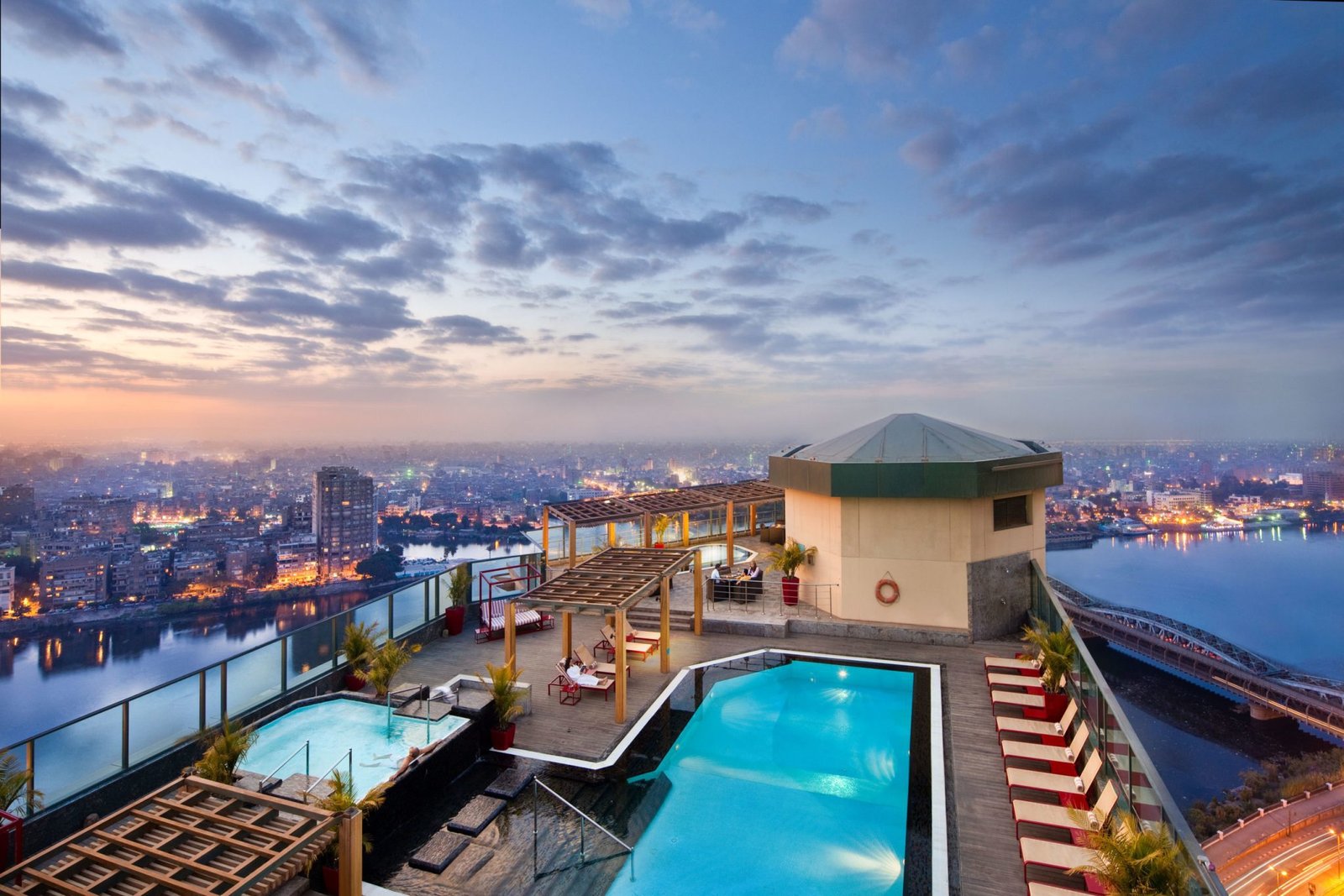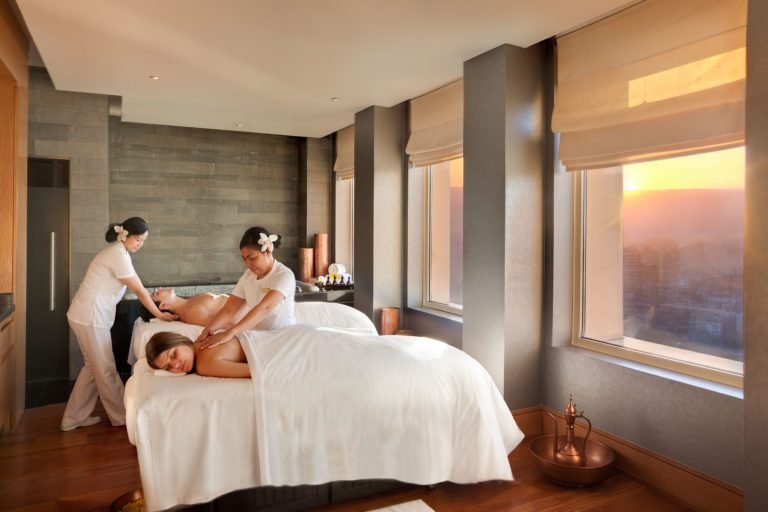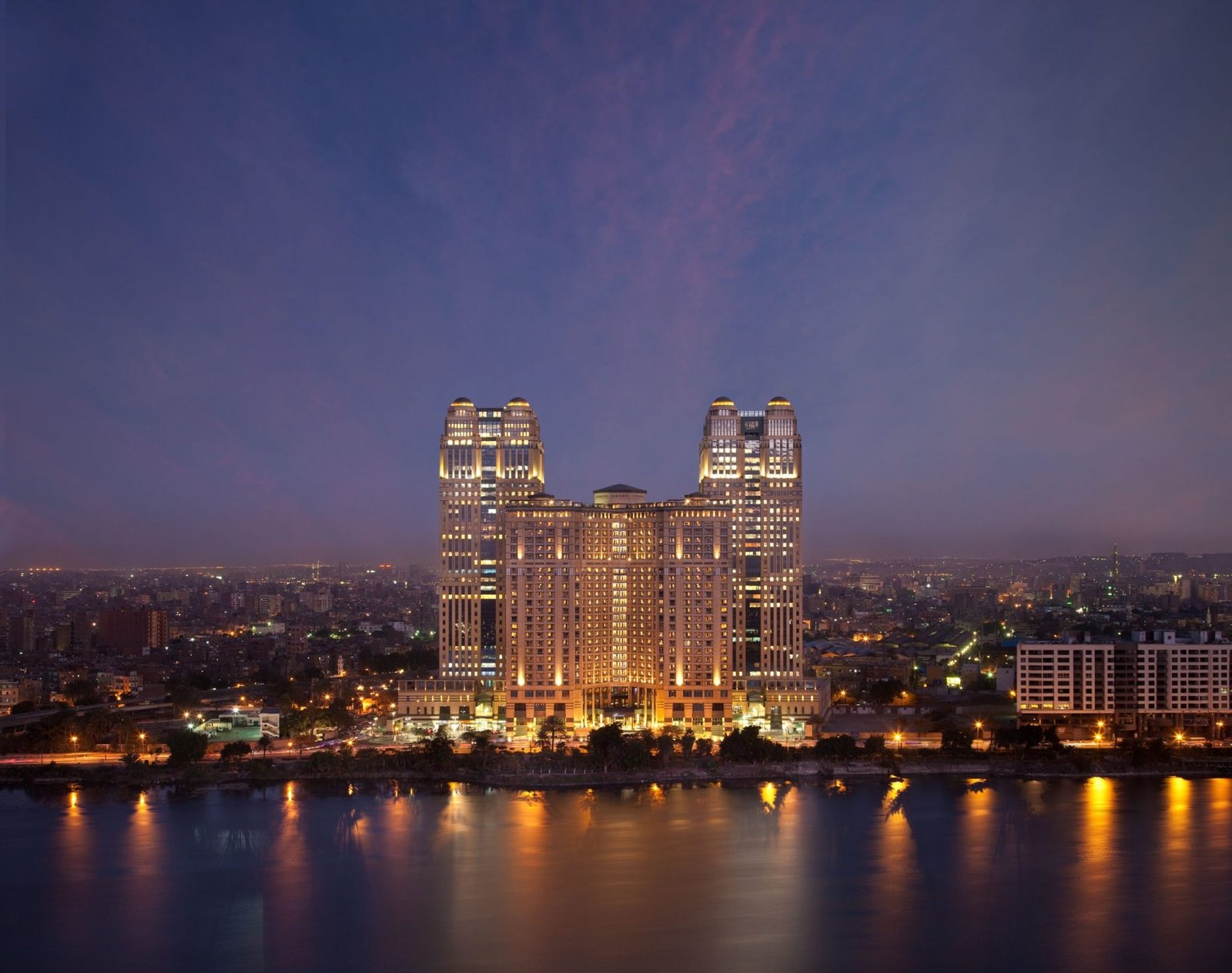Is Egypt Safe for Non-Muslims? What Travelers Need to Know
Table of Contents
TL;DR: Is Egypt Safe for Non-Muslims?
Yes! Egypt is generally safe for non-Muslim travelers. Egyptians are known for their hospitality and are welcoming to people from all backgrounds. Tourist areas are heavily secured, and religious freedom is respected. By following local customs, dressing modestly in certain areas, and staying aware of cultural differences, travelers can enjoy a safe and enriching experience. Read on for a deep dive into safety, cultural acceptance, and tips for a seamless trip.
Debunking the Myths About Egypt’s Safety
When considering a trip to Egypt, many travelers wonder: Is it safe for non-Muslims? Media portrayals and outdated perceptions can create unnecessary fears, leading some to believe that Egypt may be unwelcoming to those of different faiths or backgrounds. In reality, Egypt is one of the most historically rich, culturally diverse, and tourist-friendly destinations in the world.
In this guide, we’ll break down the realities of traveling to Egypt as a non-Muslim, address safety concerns, and provide expert tips to ensure you have a smooth, enjoyable, and worry-free trip.
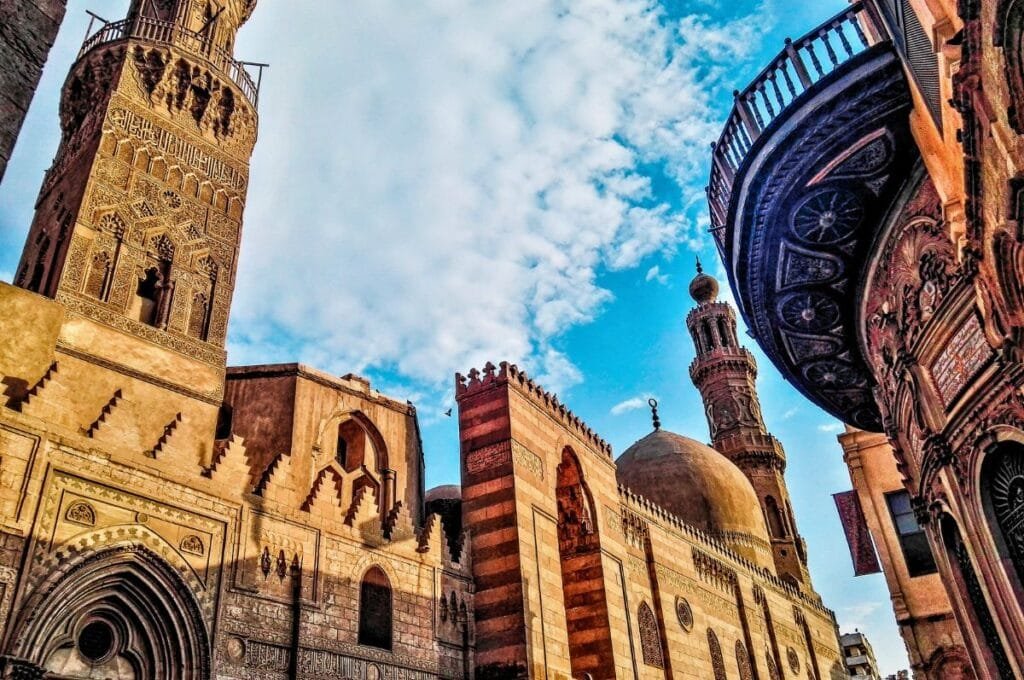
Egypt’s Safety for Non-Muslim Travelers
1. General Safety Overview
Egypt takes tourist security very seriously, with an extensive police presence, including tourism police dedicated to protecting visitors. Key tourist areas like Cairo, Luxor, Aswan, and the Red Sea resorts are heavily secured. While petty crimes like pickpocketing can happen (as in any major travel destination), violent crime against tourists is rare.
What You Should Know:
The Egyptian government prioritizes tourist safety.
Security checkpoints and bag checks are common but routine.
Avoid traveling alone in remote areas at night.
2. Religious Freedom & Respect
Egypt is a predominantly Muslim country, but religious minorities, including Christians and Jews, coexist peacefully. Travelers of all faiths are free to visit mosques, churches, and temples. Some religious sites have specific dress codes, so carrying a scarf or wearing modest attire is advisable.
What to Expect:
Non-Muslims can enter mosques outside of prayer times.
Churches and synagogues are accessible, though some require permission to visit.
Locals appreciate respectful curiosity about their faith.
3. Terrorism Concerns & Reality
While Egypt has experienced incidents in the past, security measures have drastically improved. Major tourist sites and resorts are well-guarded. The likelihood of encountering terrorism as a traveler is extremely low, especially if you stick to well-traveled destinations.
Safety Tips:
Stay informed about current travel advisories.
Book tours with reputable companies like Ancient Navigator.
Avoid border areas near Libya and Sinai’s remote regions.
How Egyptians Treat Visitors from Other Cultures
1. Egyptian Hospitality & Everyday Interactions
Egyptians are known for their warmth and hospitality. It’s common for locals to greet foreigners with enthusiasm, offer tea, and engage in friendly conversation. Many Egyptians speak English, especially in tourist areas, and enjoy sharing their culture.
Cultural Insights:
Egyptians are naturally hospitable and welcoming.
Don’t be surprised if strangers offer tea or ask where you’re from.
Bargaining in markets is a cultural norm, not a sign of hostility.
2. Perceptions of Westerners & Foreign Visitors
Western tourists, including Americans and Europeans, are generally well-received. Egyptians often admire foreign cultures and are curious about travelers’ experiences. In urban centers like Cairo and Alexandria, locals are used to interacting with people from all over the world.
Understanding Local Perceptions:
Tourists are respected, especially when showing cultural awareness.
In rural areas, people may be more conservative but still welcoming.
Dressing modestly in less touristy areas is a sign of respect.
3. Experiencing Egypt as a Non-Muslim
Visiting Egypt as a non-Muslim does not limit your experiences. The country is home to ancient temples, Christian monasteries, Jewish synagogues, and stunning mosques—all of which welcome visitors.
Must-Visit Religious & Cultural Sites:
The Hanging Church (Coptic Christian site, Cairo)
Ben Ezra Synagogue (Old Cairo)
Al-Azhar Mosque (Islamic architecture, Cairo)
Saint Catherine’s Monastery (Sinai
Tips for a Smooth and Enjoyable Visit
1. Respecting Local Customs
While Egypt is modern and progressive in many areas, respecting local customs enhances your experience. Modest dress is recommended when visiting religious sites, and being polite in interactions goes a long way.
Etiquette Guide:
Women: Cover shoulders in religious sites; consider a scarf for mosques.
Men: Avoid shorts in mosques or rural areas.
Public Displays of Affection (PDA) should be minimal.
2. Handling Religious Differences with Ease
Understanding and respecting local religious customs makes travel easier. Friday is the Islamic holy day, meaning some businesses may close. During Ramadan, eating and drinking in public before sunset is discouraged.
Key Tips:
Be mindful of prayer times (heard via call to prayer).
Ask before taking photos of mosques or religious gatherings.
During Ramadan, be discreet when eating in public.
3. Best Practices for Staying Safe & Enjoying the Trip
Smart Travel Practices:
Use licensed guides for historical tours.
Be cautious with street vendors; negotiate politely.
Stick to bottled water and avoid tap water.
Embrace the Experience with Confidence
Egypt is not only safe for non-Muslims—it’s an incredibly rewarding and welcoming destination for travelers of all backgrounds. By respecting cultural differences, staying aware of surroundings, and embracing the warmth of Egyptian hospitality, visitors can enjoy a trip of a lifetime.
Ready to explore Egypt?
Let Ancient Navigator craft the perfect luxury experience for you. Book your journey today and discover Egypt’s magic firsthand!

